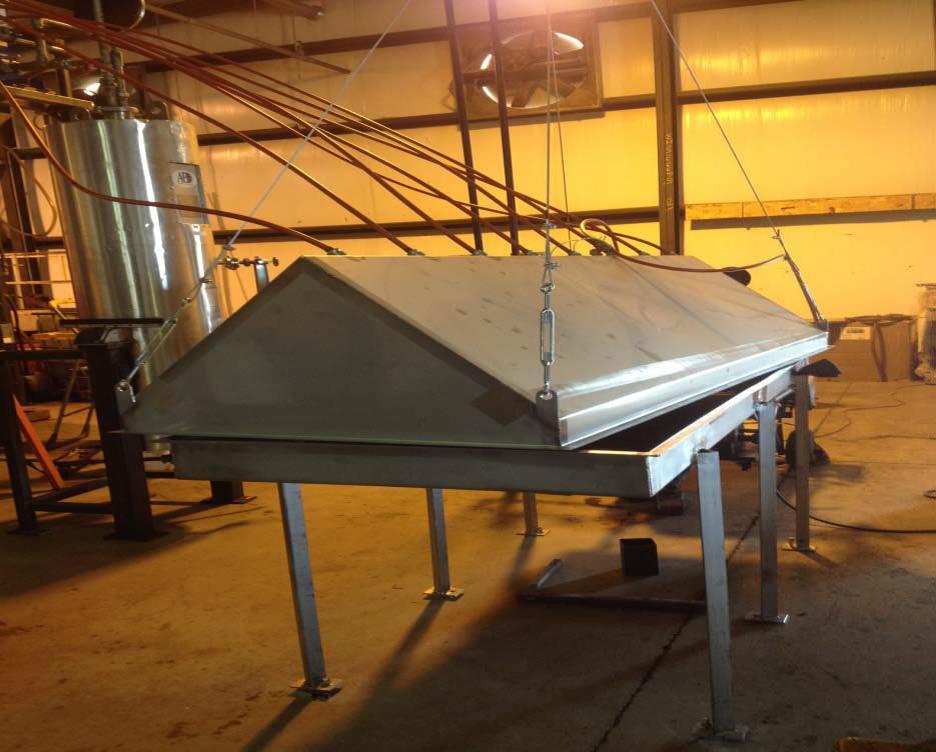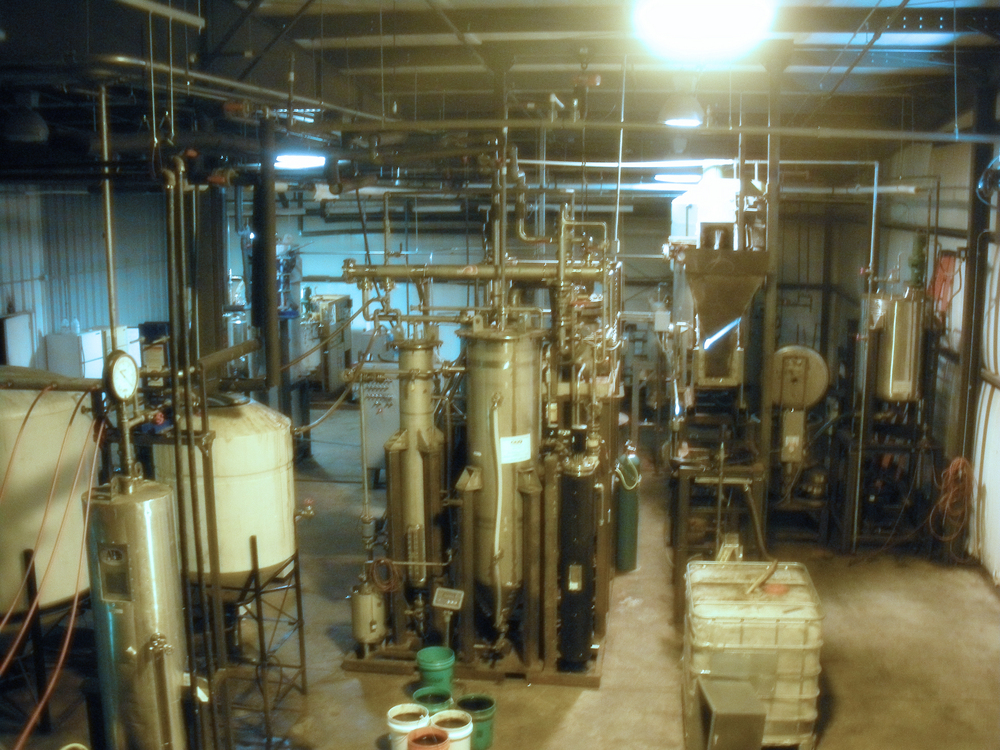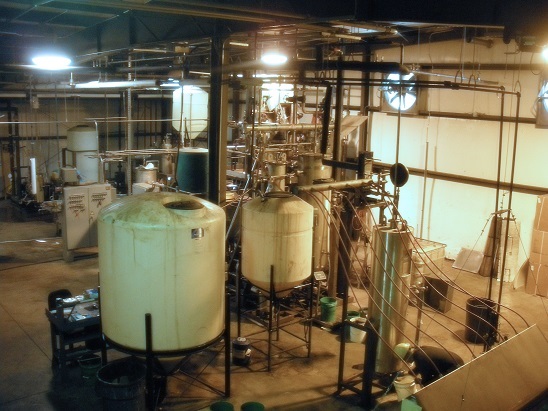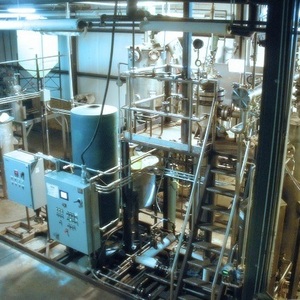American Science and Technology scale up uses Baisch Engineering













American Science and Technology Corp.
August 25, 2014
BY Katie Fletcher
Advertisement
Advertisement
Related Stories
Marathon Petroleum Co. on April 30 confirmed the Martinez Renewable Fuels biorefinery in California is currently operating at 50% capacity, but said the facility is expected to ramp up to 100% capacity by the end of the year.
Phillips 66 on April 26 announced its Rodeo biorefinery in San Francisco is expected to be producing 50,000 barrels per day of renewable fuels by the end of Q2. The facility is scheduled to have the capability to produce SAF components by Q3.
Imperial Oil Ltd. on April 26 released first quarter financial results, confirming that construction on its renewable diesel project under development at its Strathcona refinery near Edmonton, Alberta, is progressing as scheduled.
Neste Corp. released first quarter results on April 25, reporting that the company’s operations were negatively impacted by weaker renewable diesel margins during the three-month period. SAF sales volumes are expected to increase throughout 2024.
On April 29, nine trade associations representing feedstock providers, advanced biofuel producers, and low-carbon fuel customers wrote to the U.S. EPA, urging the agency to propose and finalize robust 2026 RFS volumes by the statutory deadline.





